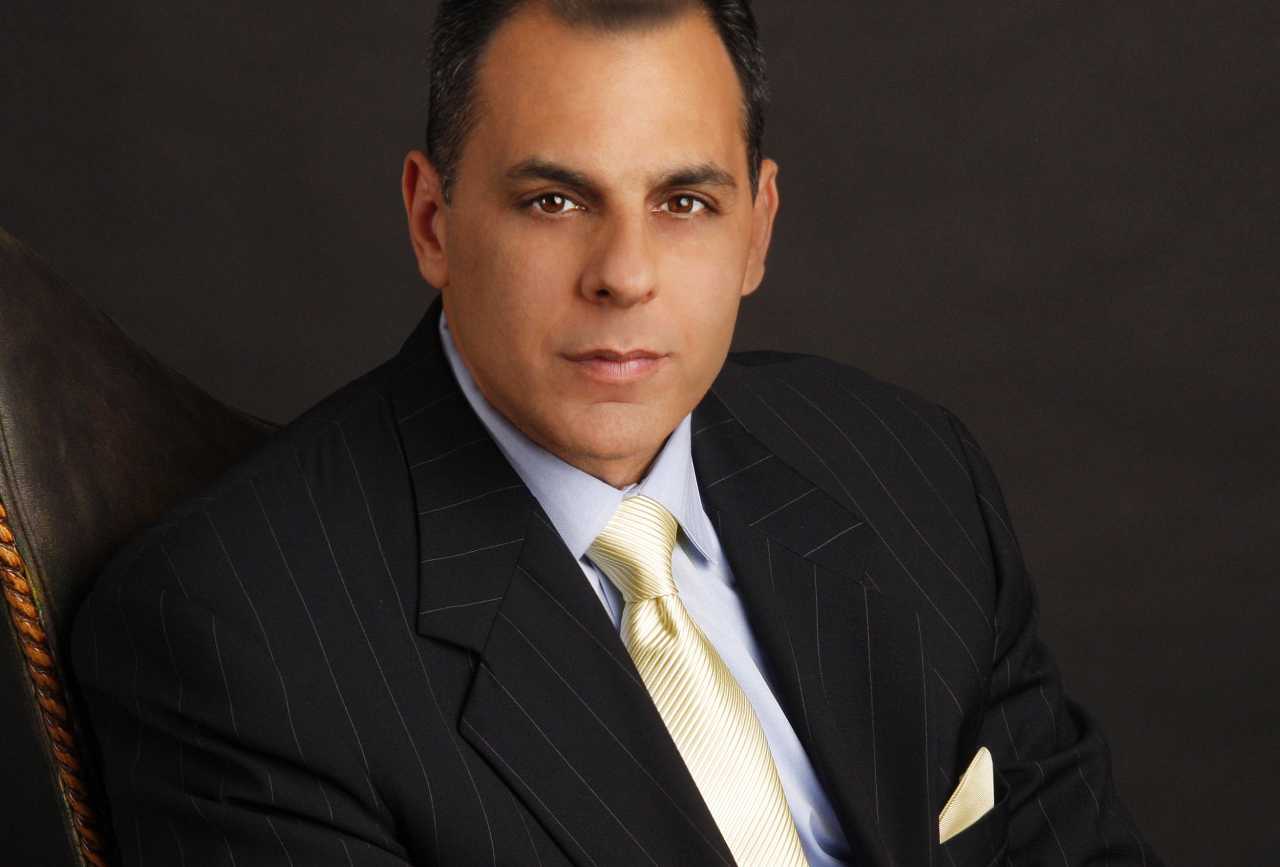Creating a ‘Death File’: How I Prepared My Family for the Inevitable
The loss of a loved one can be a devastating blow. But imagine having to scramble to pick up the pieces of a loved one’s estate while you’re grieving at the same time? That’s why it’s so important to prepare your family for your passing — even though it’s a very difficult thing. Doing […] The post Creating a ‘Death File’: How I Prepared My Family for the Inevitable appeared first on 24/7 Wall St..

Key Points
-
Talking about death with loved ones isn’t easy.
-
The better you’re able to prepare, the easier things might be in your absence.
-
Figure out an efficient way to pass on assets and keep your documents organized.
-
Are you ahead, or behind on retirement? SmartAsset’s free tool can match you with a financial advisor in minutes to help you answer that today. Each advisor has been carefully vetted, and must act in your best interests. Don’t waste another minute; get started by clicking here here.(Sponsor)
The loss of a loved one can be a devastating blow. But imagine having to scramble to pick up the pieces of a loved one’s estate while you’re grieving at the same time?
That’s why it’s so important to prepare your family for your passing — even though it’s a very difficult thing. Doing so could give them — and you — a world of peace of mind.
Cover all of your bases while you’re still around
In this Reddit post, we have someone who suggests creating a “death file” for loved ones. The idea is to organize financial and estate-planning documents so that upon your passing, your loved ones have all of the information they need to settle your estate, collect whatever inheritance they’re due, and move forward as painlessly as possible.
The poster has some suggestions for what to include in that folder. Here’s a list of their ideas plus some others:
- Copies of wills and trusts, as well as a living will or power of attorney
- Contact information for financial advisors, accountants, and attorneys
- Property and vehicle information
- All bank account details
- Investment account details, including retirement plans and pensions
- Social Security details
- A copy of your passport, birth certificate, and marriage certificate (if applicable)
- Contact info for medical professionals
- Life insurance details
- Other insurance details (auto, homeowners)
- A complete list of utility providers, including your electric company, cable provider, and cell phone company
- A list of other assets and their estimated value (for example, if you have artwork or jewelry that’s worth money)
- Funeral instructions (if you have specific requests, share them)
- Burial information (for example, if you already have a plot paid for)
- A list of necessary passwords, or a way to access them
- A list of social media accounts you have (your loved ones may want to cancel these upon your passing)
There may also be specific things you want to add to your file. Those could include letters to your loved ones, photos, or other items of sentimental value.
You don’t have to go it alone
Estate planning can be a very daunting thing. Not only can it stir up emotions and uncomfortable feelings, but it can be stressful to keep track of the various elements of your life you need to account for.
But you should know that you don’t have to tackle the task alone. A financial advisor and attorney can work with you to put the right documents in place and map out a financial plan for your loved ones to follow.
Another important thing is to discuss your last wishes with your loved ones so there’s no confusion and there are no hard feelings.
If you have three children and you won’t be distributing your estate evenly, for example, it’s best to sit everyone down and explain why. This could help prevent a situation where there’s conflict after you’re gone. And it could also help your loved ones avoid ill feelings toward you regarding financial decisions they may not otherwise understand.
The post Creating a ‘Death File’: How I Prepared My Family for the Inevitable appeared first on 24/7 Wall St..




























































































































































